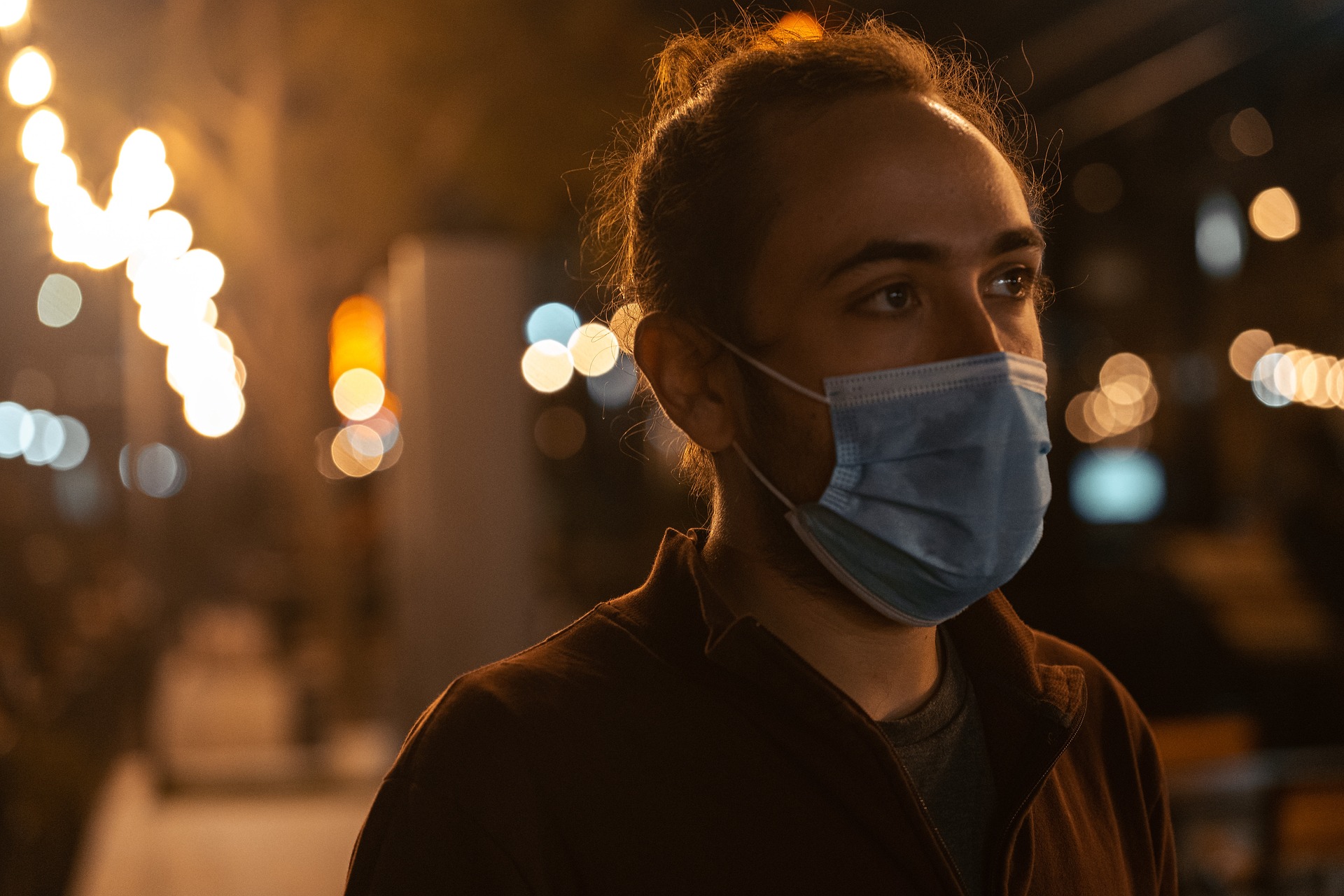Unmasking the Social Dynamics of Mask-Wearing in the Pandemic Era
The global pandemic has not only altered our daily routines but also introduced a new social norm: mask-wearing. This seemingly simple act has profound sociological implications. Read below to delve into the fascinating world of mask-wearing and its societal impact.

The Historical Context of Mask-Wearing
Mask-wearing is not a novel concept. In fact, it has been a part of human society for centuries, used for various purposes such as religious rituals, theatrical performances, and protection against environmental hazards. However, the COVID-19 pandemic has thrust mask-wearing into the spotlight, transforming it from an occasional practice into a global norm.
The Sociological Shift Towards Mask-Wearing
The onset of the pandemic has necessitated a rapid shift in social behaviors, with mask-wearing becoming a critical part of our daily lives. This change has been met with varying degrees of acceptance, resistance, and adaptation, reflecting the diversity of societal attitudes and beliefs. The mask has become a symbol, representing not only health and safety but also political, cultural, and social identities.
The Significance of Mask-Wearing in Modern Society
The act of mask-wearing has taken on a significance beyond its primary function of disease prevention. It has become a marker of social responsibility, solidarity, and respect for others. Conversely, resistance to mask-wearing has been linked to individualism, defiance, and political beliefs. This dichotomy has further polarized societies, revealing underlying tensions and disparities.
The Research Behind Mask-Wearing Behaviors
Research has shown that mask-wearing behaviors are influenced by a multitude of factors, including cultural norms, political ideologies, personal beliefs, and perceived risk. These findings underscore the complexity of human behavior and the challenges of implementing public health measures in diverse societies.
Making Sense of the Mask-Wearing Phenomenon
The mask-wearing phenomenon offers a unique lens through which to examine contemporary societal dynamics. It highlights the interplay between individual actions and collective outcomes, the tension between personal freedom and public health, and the power of social norms in shaping behavior. As we navigate this new normal, understanding these dynamics can help us foster empathy, tolerance, and cooperation in our societies.
In conclusion, the mask-wearing phenomenon is a testament to the resilience and adaptability of human societies in the face of unprecedented challenges. It serves as a reminder that our actions, no matter how small, have the power to shape our collective reality. As we continue to grapple with the pandemic, let us remember the sociological lessons that mask-wearing has taught us and strive to build a more understanding and inclusive society.






